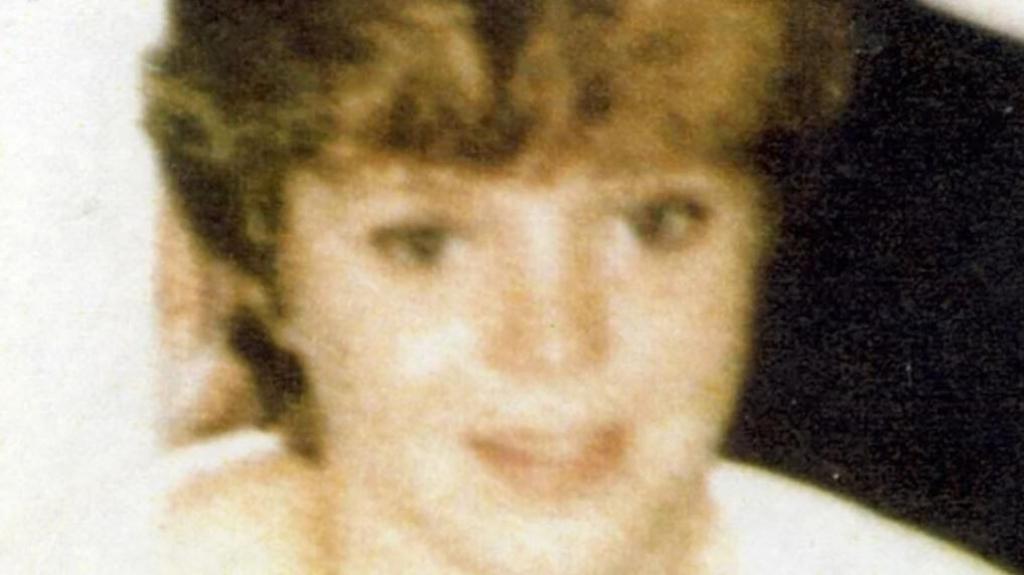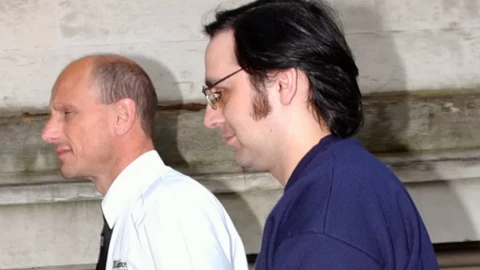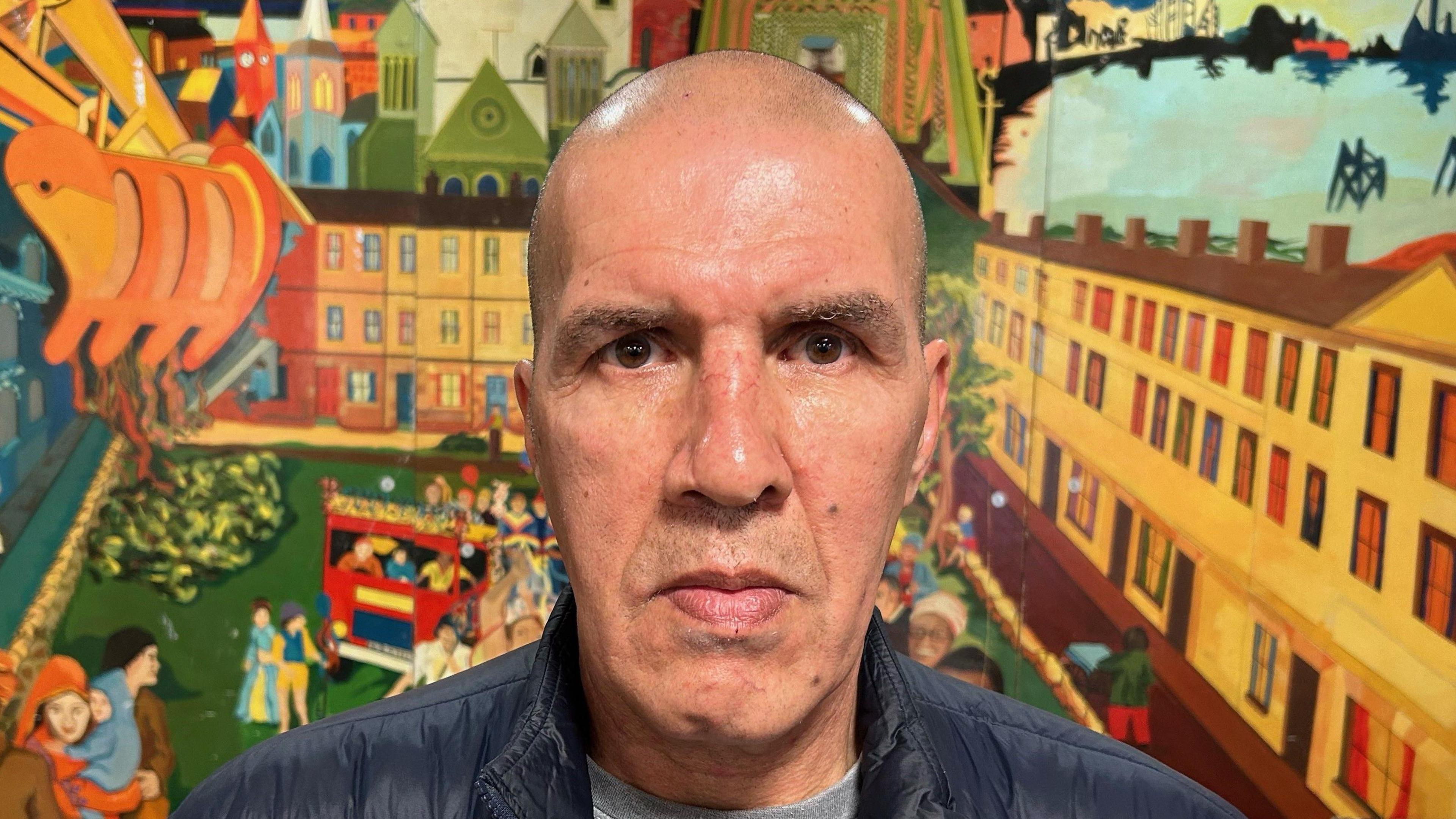Lynette White murderer to be released from prison

Lynette White was murdered in a flat in Cardiff's docklands in 1988
- Published
A murderer who brutally killed a young woman in a flat in Cardiff, which then led to one of Britain's biggest miscarriages of justice, is to be released from prison on licence after serving 21 years.
Jeffrey Gafoor, 59, stabbed Lynette White more than 50 times and slit her throat on Valentine's Day 1988, but was not jailed until 2003.
Five men were then falsely accused of the murder, and three of them were convicted before being released by the Court of Appeal.
John Actie, one of the five, attacked the decision and said he had "no say" on whether Gafoor was allowed to walk free.
The scandal of the Lynette White murder case
- Published14 February 2018
Man wrongly jailed in notorious murder case dies
- Published12 September 2022
No refunds in historic miscarriage of justice cases
- Published9 August 2024
Mr Actie claimed the decision to let Gafoor out was "always on the cards" and called him a monster: “No-one tells us nothing, we’re never informed about anything as victims," he said.
“I'm not happy at all. I can't imagine how Lynette White's family is going to feel about it.
"It feels like someone has put their hand in my stomach and ripped it out," he added.
In a private hearing - Gafoor's sixth - the Parole Board concluded the risk he posed could be safely managed in the community - although it indicated that he will not be released immediately.
The Parole Board said a request can be made within 21 days for the decision to release him to be considered again. It indicated that Gafoor would remain in jail until a decision has been made on an application for reconsideration.

Jeffrey Gafoor was jailed 15 years after he murdered Lynette White
A Parole Board spokesperson said its decisions were "solely focused on what risk a prisoner could represent to the public if released and whether that risk is manageable in the community".
It said a panel examined "a huge range of evidence" and heard evidence from people such as "probation officers, psychiatrists and psychologists, officials supervising the offender in prison" and victim personal statements could also be given.
"It is standard for the prisoner and witnesses to be questioned at length during the hearing which often lasts a full day or more.
“Parole reviews are undertaken thoroughly and with extreme care. Protecting the public is our number one priority."

John Actie was one of five men wrongly accused of killing Lynette White in 1988
Stephen Miller, Yusef Abdullahi and Tony Paris were wrongly jailed for life for stabbing the 20-year-old to death before being released in 1992.
Gafoor admitted the murder in 2003 after advances in DNA technology linked him to the crime and was sentenced to life in prison, with a minimum term of 13 years.
Gafoor has been held in an open prison since 2020 and was granted day release in January 2023.
The initial investigation into Ms White's death lead to one of Britain's longest criminal trials, followed by the wrongful convictions.
After Ms White's murder, detectives investigating the case said they were hunting a white suspect, but later arrested five black and mixed-race men.
A trial into allegations of police corruption collapsed in 2011, after files relating to complaints by an original defendant were said to have been destroyed.
Eight former officers who denied the charges against them were acquitted.
In 2021, the then chief constable of South Wales Police Matt Jukes said members of the Cardiff Five - as the men originally accused of the murder became known - should be recognised as victims.
Criminal barrister Andrew Taylor believes "sometimes the Parole Board get it wrong" and he hopes that this is not a decision that they will regret.
"The one thing the Parole Board will be hoping and praying, along with all of us in society, is the faith they placed in Jeffrey Gafoor is not misplaced and he doesn't go on to commit further offences," he said.
He added that the public will now want to know the facts of the "failed parole hearings" and why he was turned down five times.
Speaking before the Parole Board hearing earlier this month, Mr Actie said it should "definitely" be held in public.
Gafoor's lawyers had argued for a private hearing to prevent a "negative impact" on the process, and said Gafoor’s autism spectrum disorder would mean a public hearing would be too stressful.
The Parole Board then concluded a public hearing was "not appropriate" and held the hearing in private.